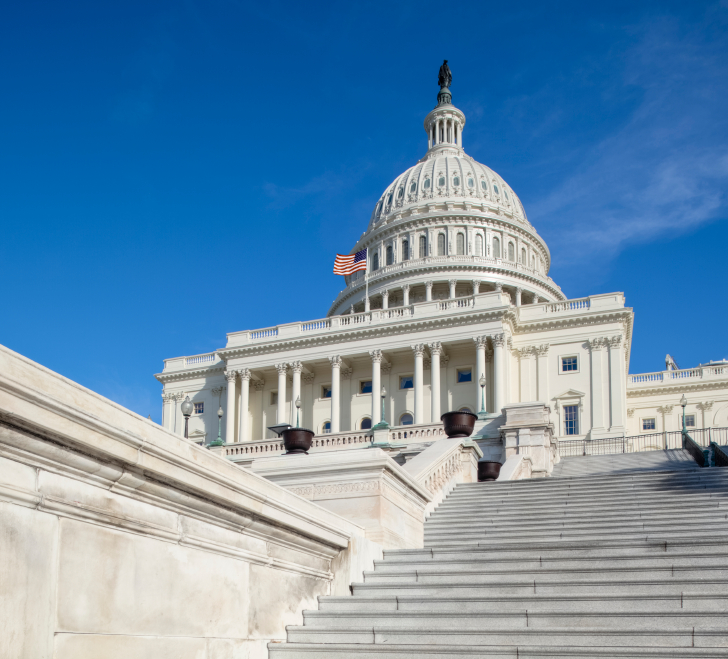Department of Labor Rule Would Protect Retirement Savers – Including Women
Yesterday, the Department of Labor issued final rules creating a fiduciary standard for retirement savings advisors. The rule requires investment advisors to provide advice about retirement savings that is in their clients’ best interest. The bigger news, for most people, is that investment advisors weren’t already required to do so, since they have people’s life savings in their hands – and their retirement security at risk.

Unfortunately, the reason this rule was necessary was that some advisors steered their clients into investments that provided higher fees for them (that is, the advisors), but were inappropriate for their clients. Advice given despite the obvious conflicts of interest can cause savings to be eroded because of excessive fees, or to fail to grow as much as a client needs to ensure a secure retirement. Such conflicted investment advice can cost an individual worker or retiree tens or even hundreds of thousands of dollars, and the White House Council of Economic Advisers estimates that more than $17 billion dollars a year, in the aggregate, is lost because of conflicted advice.
The costs of conflicted investment advice can really add up over a lifetime of work, and fall most heavily on savers with smaller account balances — like women. And because women need to make their savings stretch over a longer lifespan than men do, on average, women are especially hard-hit when their retirement savings are reduced due to bad investment advice. As a result, women will greatly benefit from the Department of Labor’s requirement that investment advisers act in their clients’ best interest, not their own.




